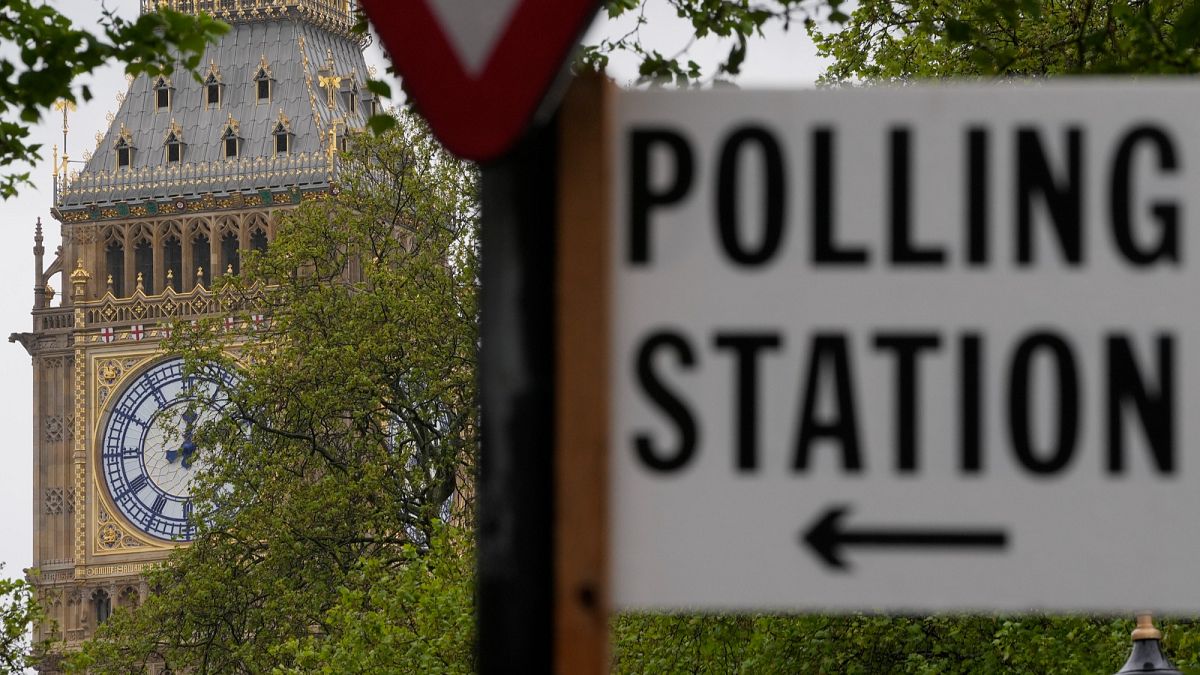

In a period marked by dynamic shifts in political landscapes across Europe, new developments in voting rights and surrogate legislation highlight the complexity and diversity of changes sweeping the continent. These recent actions reflect efforts in addressing historical precedents while recognizing evolving societal values.
In the United Kingdom, a landmark motion to lower the voting age in England and Northern Ireland aims at bridging the electoral disparity within the UK. Sparked by previous successful implementations in Scotland and Wales, where residents aged 16 and above are already afforded the right to vote, this initiative stands as a significant stride towards uniformity across the UK. By involving younger citizens in the democratic process, proponents believe this move could invigorate political engagement and bring fresh perspectives into governance at a formative age for individuals, fostering a more inclusive electoral atmosphere.
Meanwhile, in Italy, there’s been an ongoing debate about surrogacy laws, which were extended last year to reinforce the country’s stance on the issue. While recent posts have wrongfully suggested a recent change, the law has remained consistent in its prohibition of surrogacy arrangements, echoing Italy’s cautious stance on family-related legislations. Such regulations form part of a broader dialogue on reproductive rights, with varying approaches seen throughout Europe, addressing ethical, social, and religious considerations within different national contexts.
In Poland, a poignant legal decision has spotlighted the complexities of abortion rights, following the imprisonment of two doctors for their role in a case that led to a pregnant woman’s death after delays in an abortion procedure. This incident has rekindled debates on existing abortion laws, which have been subject to scrutiny and sparked protests advocating for women’s rights. It underscores the ongoing societal challenges in finding a balance between protecting potential life and securing women’s autonomy over their health decisions. The case emphasizes a need for transparency and ethical accountability within medical practices, potentially catalyzing further discussions on Poland’s legislative framework.
These developments collectively represent a tapestry of progress and challenges, each reflective of unique cultural and political climates within European nations. While navigating these adjustments, there’s a harmonious opportunity for dialogue, encouraging leaders and citizens alike to consider diverse perspectives, ensuring that legislative progress not only preserves but also enriches the democratic values held as a cornerstone of European societies.
As these stories unfold, the continent witnesses a convergence of tradition and transformation, challenging yet empowering its people to unite under shared ideals of justice, representation, and human dignity. European leaders are poised to face the future with open dialogue and cooperative spirit, ensuring these legislative endeavors pave the way for equitable and meaningful progress.
Source: {link}
